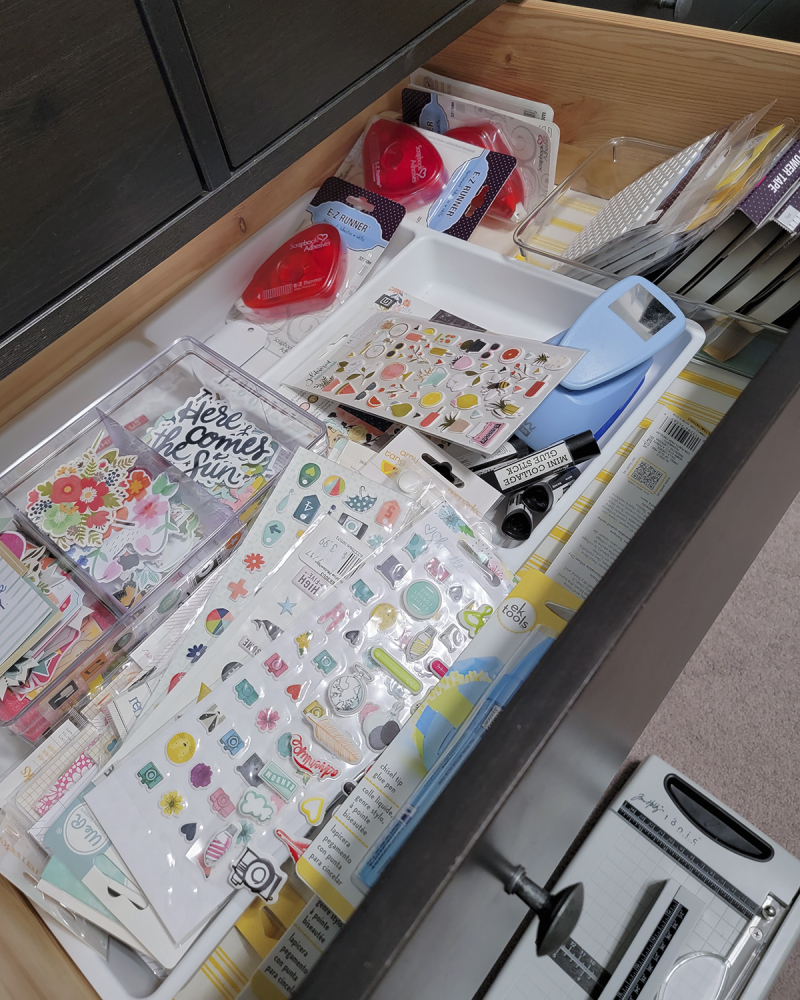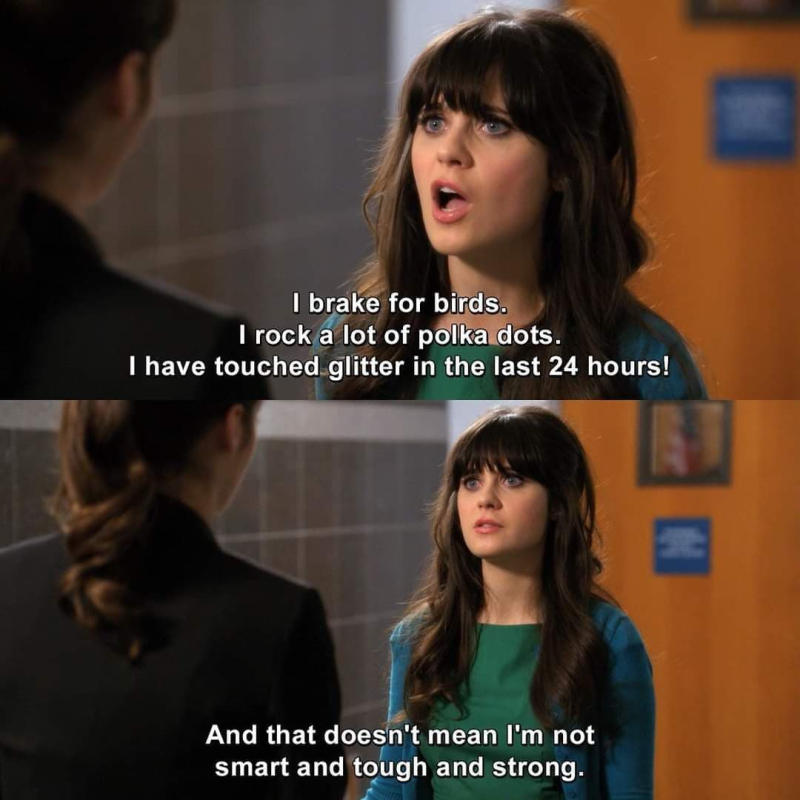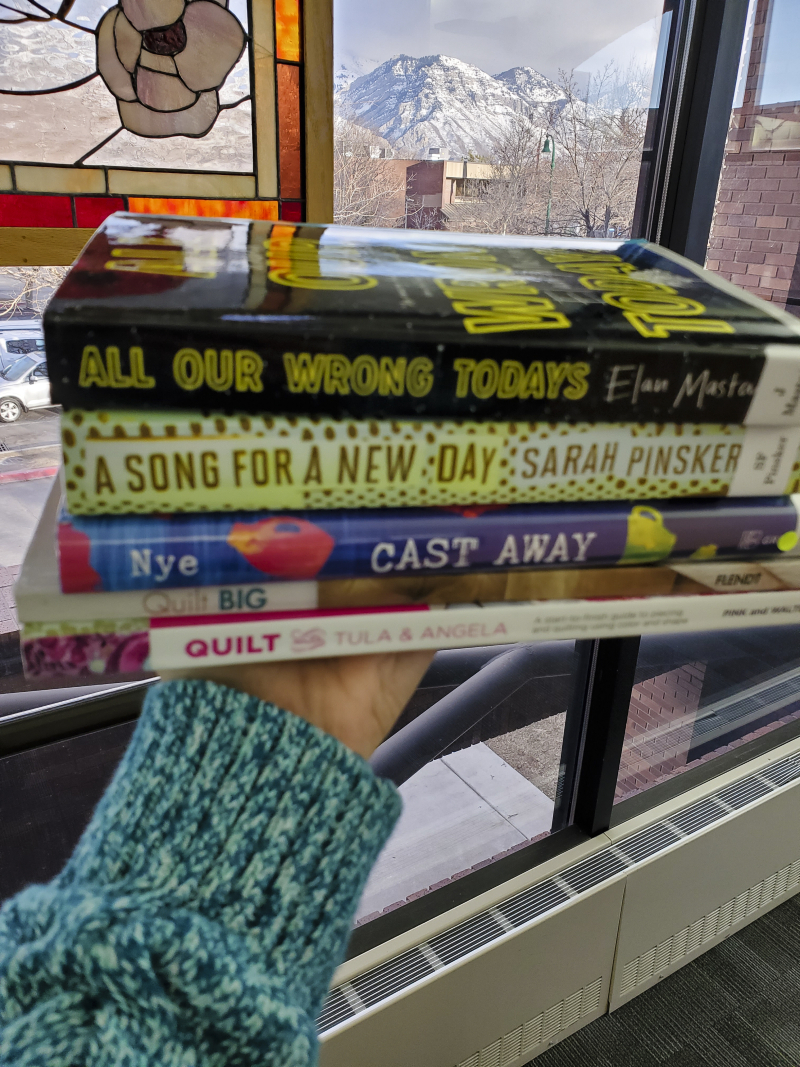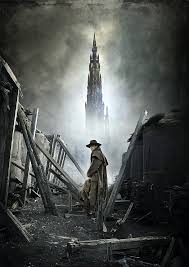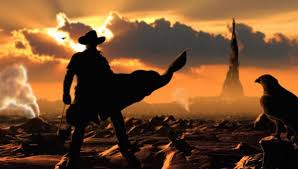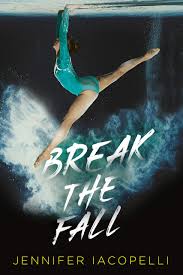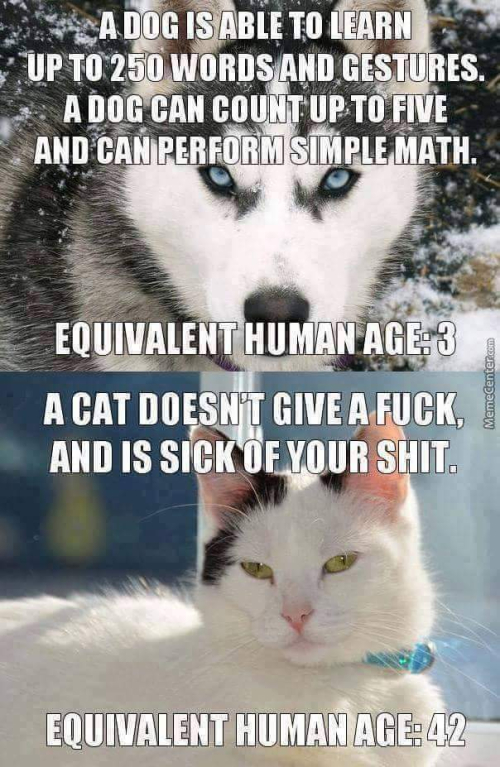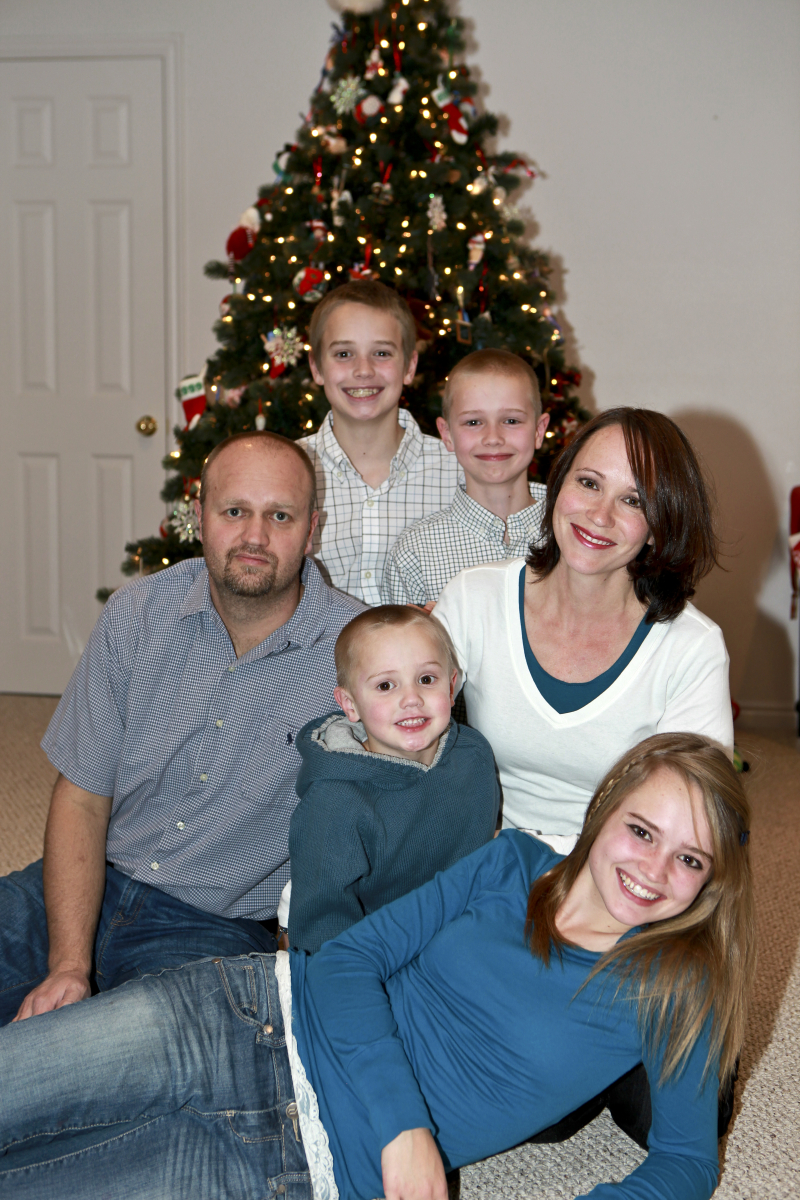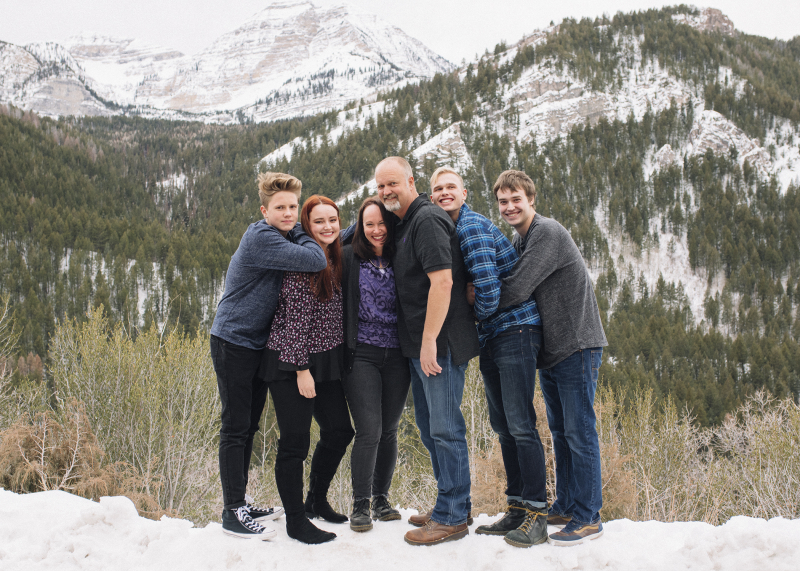The Beautiful Things that Become Burdens: A Question for Purging
Monday, April 19, 2021
One of the hardest things for me in the immediate aftermath of my mom’s death was trying to decide what to do with her fabric collection.
It’s hard to even put into words how much fabric she has accumulated over a lifetime of sewing. Maybe 2000 yards. It filled the entire family room in the basement. And so much of it was just her, her personality in cotton. (For example, in all of those yards and yards, there were only five or six small pieces of grey. She did not like grey!) I know exactly how that feels, when you’re standing in the fabric store and you find a piece that speaks to you, and so you buy it and bring it home and then…add it to the pile of other pieces that also spoke to you. You intended to do something fun with it, but there are only so many quilts one can make in a lifetime.
The supplies of your craft are creative sparks, and we want to have them because they speak to our unique creative vision.
The reason it was painful was that it felt like giving away (or in some cases, tossing) parts of her, not just some fabric. She had plans for all of that yardage, and so there was a part of her connected to it. And so not keeping it all felt like a betrayal or a rejection of her.
I hope not to leave something like that for my own kids to deal with.
I’m actually pretty good with my fabric. I mean, I do buy things just because they “speak” to me, but I try to keep my collection small.
But my scrapbook supplies are another story entirely.
I’ve been scrapbooking since 1996, when the only companies were The Paper Patch and Creative Memories. I have a clear memory of the first patterned paper I bought that didn’t have a white background (it was by Keeping Memories Alive). I remember American Craft’s first line. I actually still own some of SEI’s first line, which was revolutionary in its use of simple lines and color blocking.
Twenty five years of scrapbooking means I’ve had 25 years to buy things. Things I love, things that speak to me. Things that I might use somewhere. Things that were a great price.
Over those years, I have honed my purchasing habits. I know what I never use (chipboard, metal, anything pokey or stiff or bulky) and what I use with regularity (alphabet stickers, small puffy stickers but only the ones that are squishy, white cardstock). I have also purged my supplies often.
Kendell and I were talking yesterday and I was complaining about the lack of light in my current crafty room. The room he uses for his work-from-home office has two windows and is bright and airy, and I’m not really sure why but we thought it wouldn’t work to set up my office in that room. But we got out the measuring tape and figured it out, so soon we are going to switch rooms.
And I am going to take that opportunity to purge. Brutally, viciously purge. Streamline. Make my space more functional because there are fewer supplies.
So far, I have purged with this rule: I can only keep what I LOVE and ADORE. If I’m kind of iffy about a supply, or if my tastes have changed, out it goes. Since I have kept up with that, I do truly love & adore what I have.
But I also know that I have way too much stuff.
Like my mom’s fabric horde, my scrapbook supplies have become a sort of drain on my creativity. It’s overwhelming to delve into all of the stuff, so I’ve gotten into the habit of using my newest supplies (which is great!) instead of mixing in what I already have.
I think I need a new purging rule. I think I must ask myself this question:
What will I actually use this for?
This makes me think of my drawer of floral papers. I love floral papers. But. I have mostly sons. And many of my daughter’s photos have already been scrapbooked. So while I do love & adore them, I rarely actually use them.
Answering that question might be painful, honestly. Because what comes to mind, often, when I fall in love with a piece of patterned paper or some floral die cuts, is what I could use it for. Photos I’ve already scrapped. Pictures I never took. Imaginary, in-the-future photo shoots.
Saying “I love this floral patterned paper” is one thing. Knowing—knowing for real, not just imagining—where I really will use it is another thing altogether. It’s like, if I get rid of a sheet of stickers that I could use on a layout about, say, a future grandchild, I am eliminating the possibility of that future person.
And it’s also difficult because it is like my mother’s fabric: taken as a whole collection, my scrapbook supplies say something about my personality. My tastes & interests & favorites, even the things I don’t really like much. (You’ll find almost no red in my supplies, for example, as it’s just not a color I use much except for Christmas layouts.)
But I also know it’s time. All of these beautiful supplies really are beautiful, but they are holding me back. The combined weight of it all limits my ability to move dynamically. So I am giving myself both an assignment and a permission slip: let go, because it is OK to do so.
